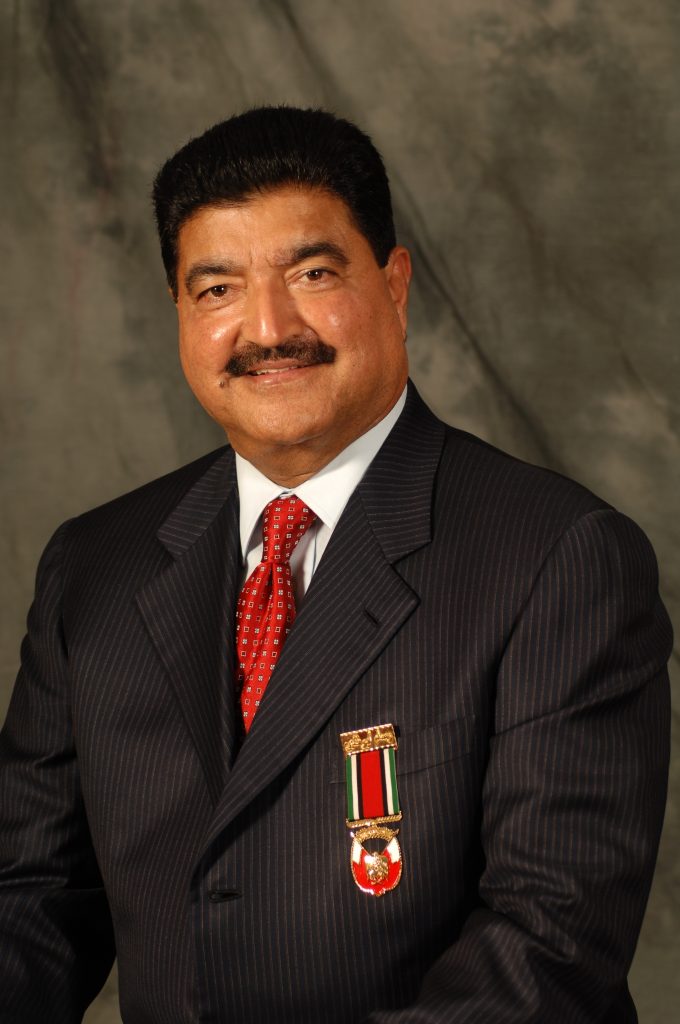Pharmaceutical company Neopharma announced plans to expand its healthcare facilities in the Middle East and North Africa (MENA) region and parts of Asia, in a bid to bring value-added drugs to a rapidly growing population.
Dr B R Shetty, chairman and managing director, Neopharma, said: Being one of the largest pharmaceutical markets in the region, MENAs lure can be attributed to its increasing population, drastically changing healthcare infrastructure and the governments willingness to radically improve the healthcare systems in the country. According to reports, MENA is forecasted to witness an increase in pharmaceutical expenditure to $33.4bn by the end of 2017, up by nearly a billion American dollars from the previous year.
Dr Shetty added: Our aim for the region is to help bridge the gap between the patented and the generic by providing products of high quality which arent a burden on the insurance companies,
Saudi Arabias pharmaceutical market accounts for over 60% of the GCC and is forecasted to grow at a rate of nine per cent up until 2026 according to separate reports.
Dr Shetty said: The first phase of expansion would involve proliferation in the other Middle Eastern countries where our company is aggressively pushing for licences and trademarks. Our focus on value-added drugs and not just generics is one of our key differentiators and we aim to add further value to the local health care industry.
Furthermore, we have already invested over AED100mn ($27.2mn) in setting up a state-of-the-art research and development facility.
Additionally about AED265mn ($72.1mn) has been spent in the acquisition of patents and licenses excluding an additional AED515mn ($140.2mn) for clinical studies. A dedicated Japanese facility will be manufacturing primarily nutraceuticals, one of which has been found effective for Type II diabetic and pre-diabetic patients, called NatuALA.
NatuALA reduces the blood glucose levels through an insulin-independent method and keeps fasting glucose levels under critical levels. The UAE has been reported to have over one million people suffering from diabetes out of which 450,000 are undiagnosed. The supplement is under clinical studies being conducted across US, Japan, UK and Bahrain; it could very well be a boon for diabetes patients across the region.

